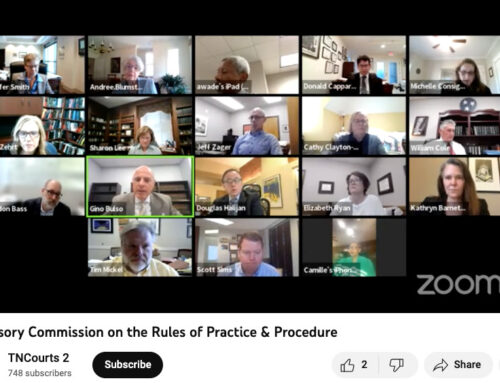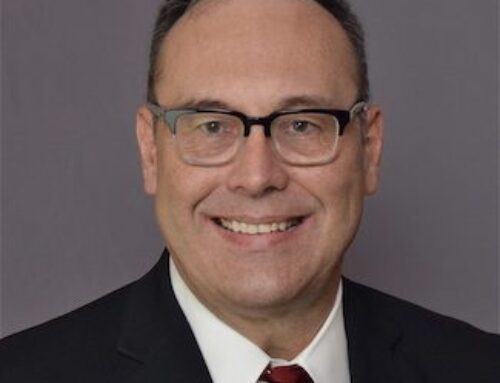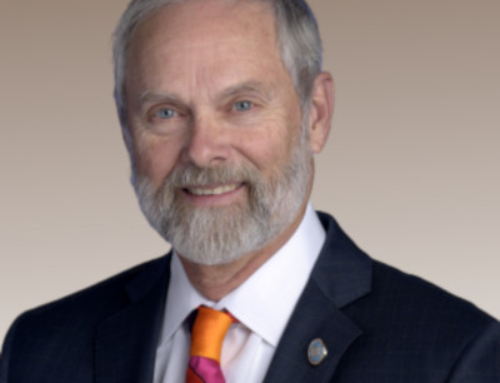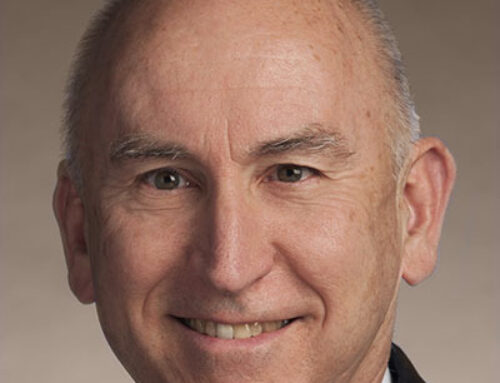The new executive director of the Tennessee State Museum said on Friday that it will start proactively providing to media members copies of meeting agendas and agenda packets after an incident on Monday in which a Nashville Scene reporter covering a museum commission meeting was prevented from seeing such materials.
“In the future, the Tennessee State Museum will proactively provide all members of the media copies of agendas and accompanying materials for each Commission meeting in keeping with the practice of most state agencies,” said executive director Ashley Howell in a statement and through a phone call. “The museum’s management values transparency, and we will work diligently to abide by the state’s open records act. We appreciate and value the role of the press, and we welcome coverage of museum business.”
Earlier this week, the Nashville Scene described what happened when its reporter Cari Wade Gervin was covering a Monday meeting of the state museum board, and a meeting packet with materials being voted upon by the commission was grabbed out of her hands.
On Monday, however, the museum showed itself to be truly hostile to the public.
Gervin went to pick up a meeting agenda packet and was informed that she would have to file a written open records request with the Attorney General’s office to see one. When she tried to take a picture of one, it was grabbed out of her hand by Mary Skinner, the museum’s media relations officer. When House Speaker Beth Harwell, a commission member, gave Gervin her copy, museum staff attempted to take that one, too.
To be clear: A state employee attempted to stop a member of the press from reading a public record that should be made readily available to the public. This is actually against the law.
Tennessee Code Annotated 10-7-503 (a)(2)(B) states: “The custodian of a public record or the custodian’s designee shall promptly make available for inspection any public record not specifically exempt from disclosure.” The agenda, not exempt from disclosure, was literally sitting on a table.
But beyond just that, the very first line of the Open Meetings Act creates the presumption of openness for all state meetings: “The general assembly hereby declares it to be the policy of this state that the formation of public policy and decisions is public business and shall not be conducted in secret.”
Gervin has previously asked, in advance of the meetings, to have an agenda packet made available, but the museum staff have refused to provide one. In 2010, the state’s own Office of Open Records Counsel issued an opinion stating that as soon as an agenda and materials are created, it should be available to the public.
“It is the opinion of this office that if there is no confidential information within the board packets … a citizen would have the right to request to either inspect or receive a copy of the packet as soon as it was completed and access should be provided as promptly as possible thereafter, unless a rational good faith basis existed for the packet not being made available promptly.”
That’s clearly not what is happening here.





